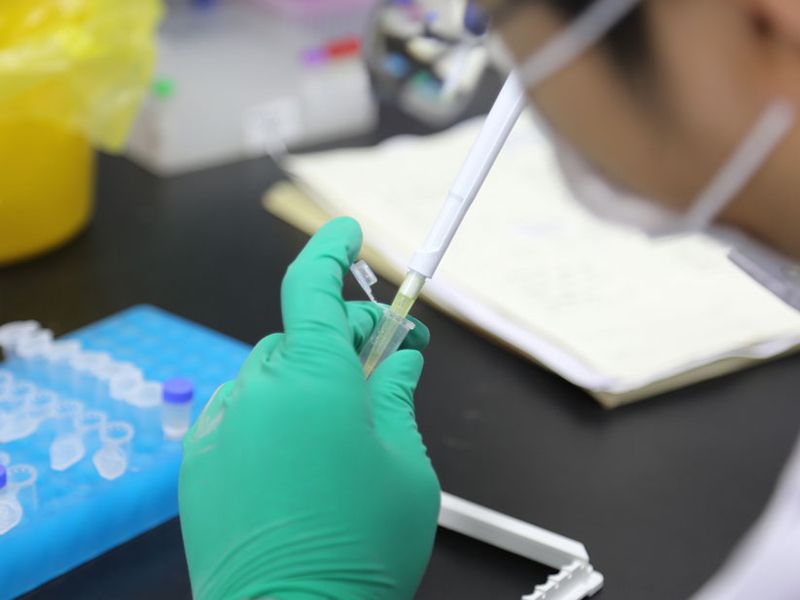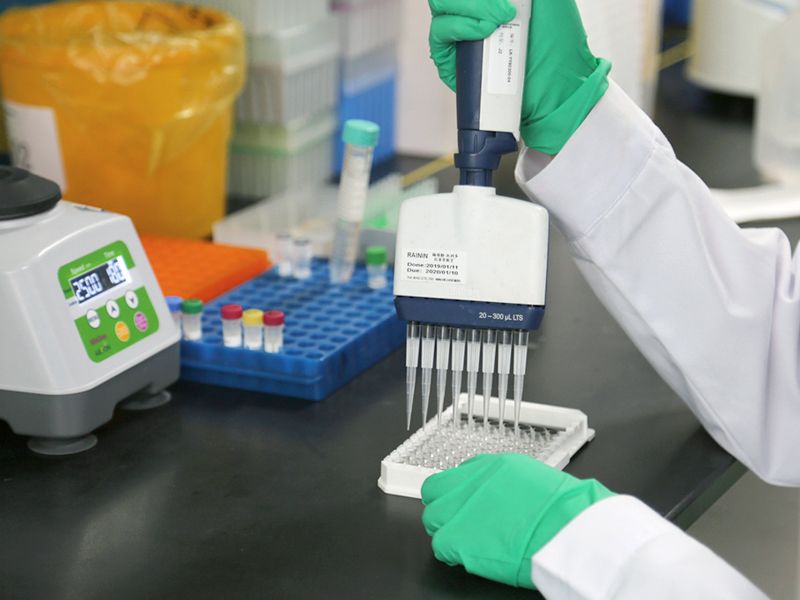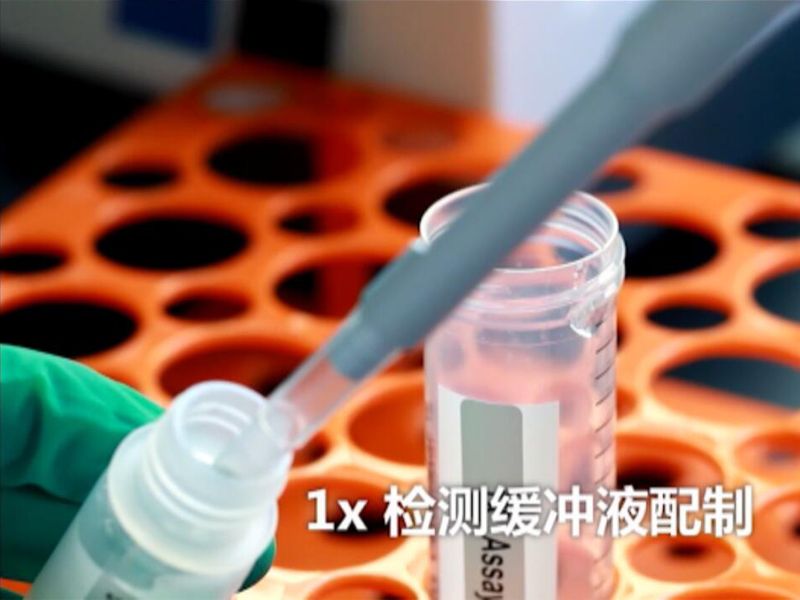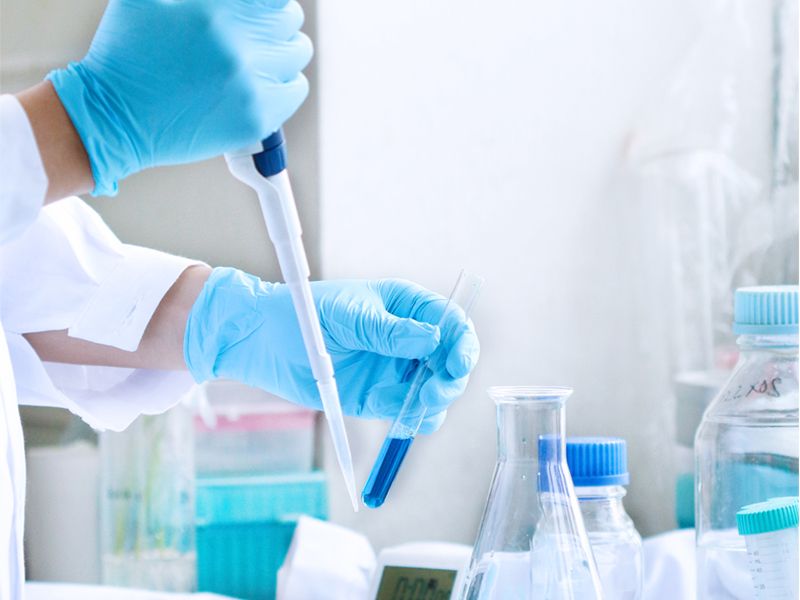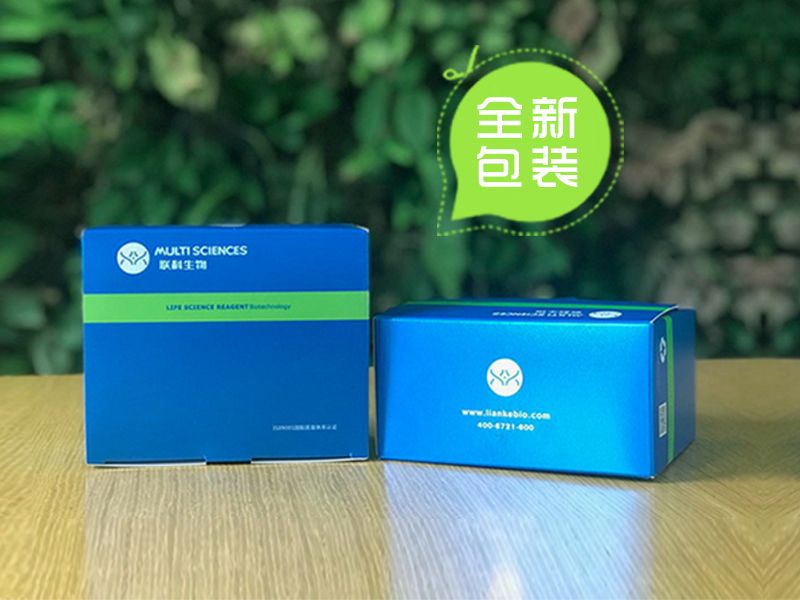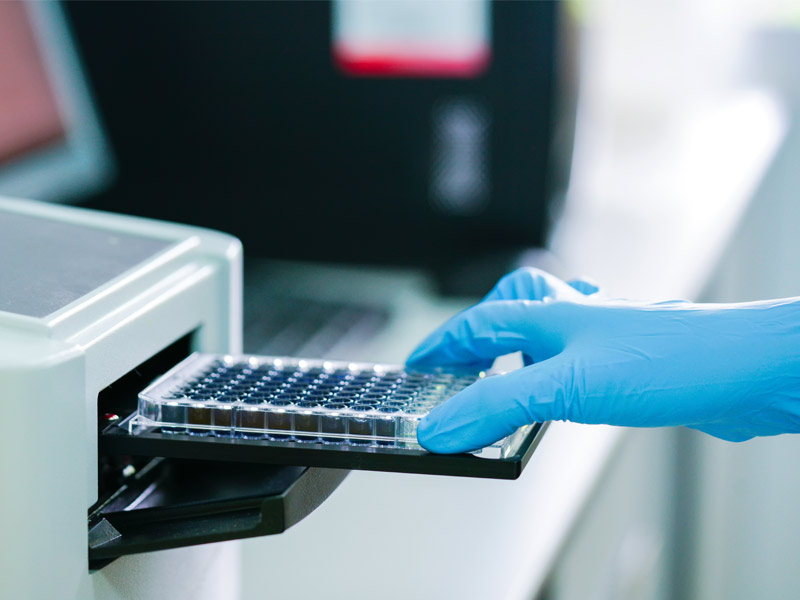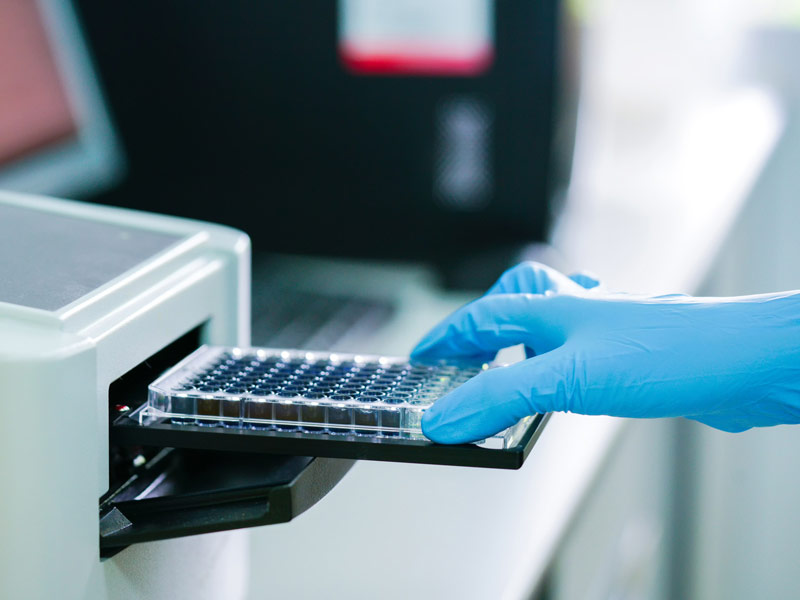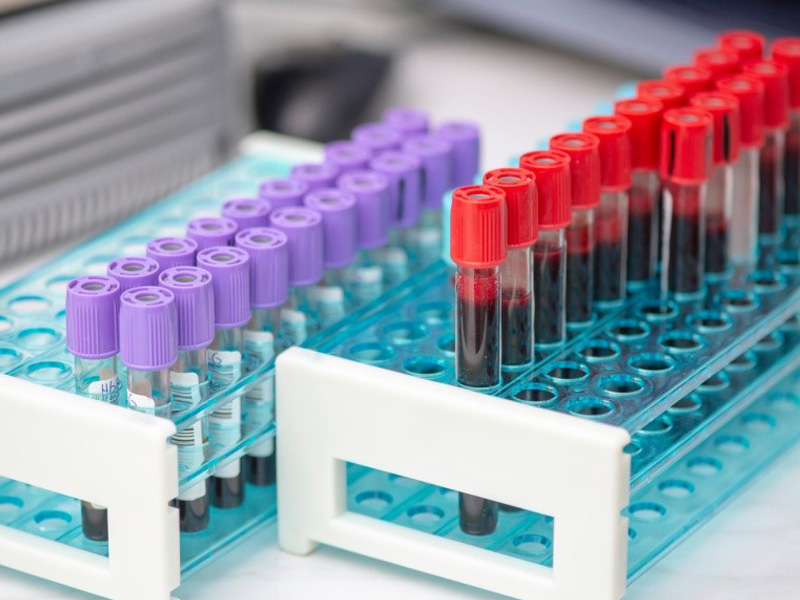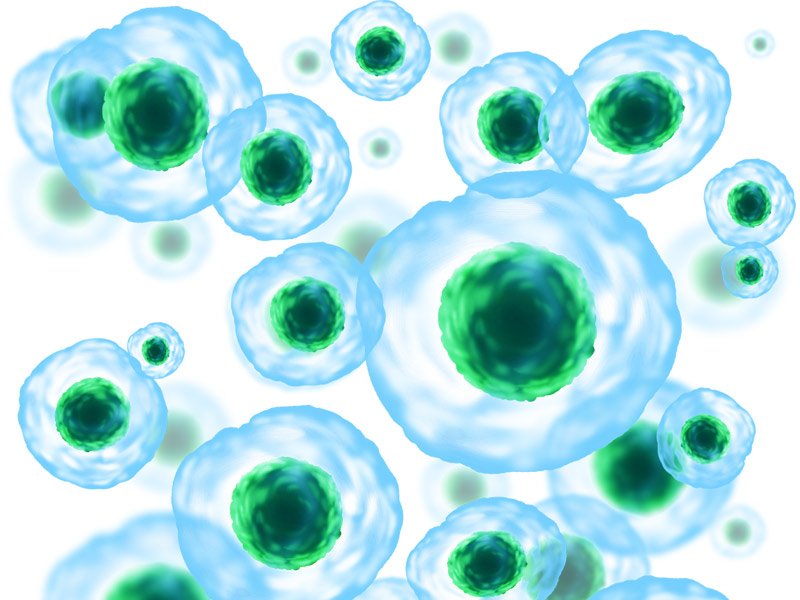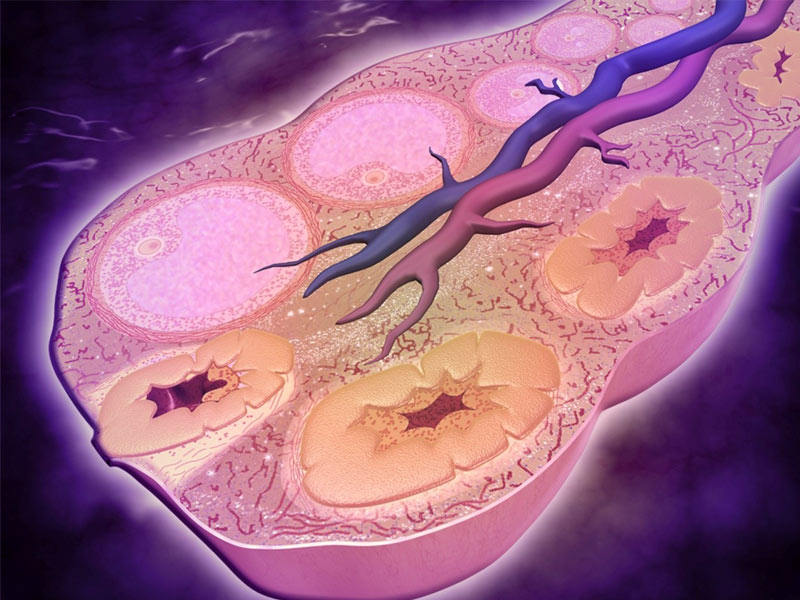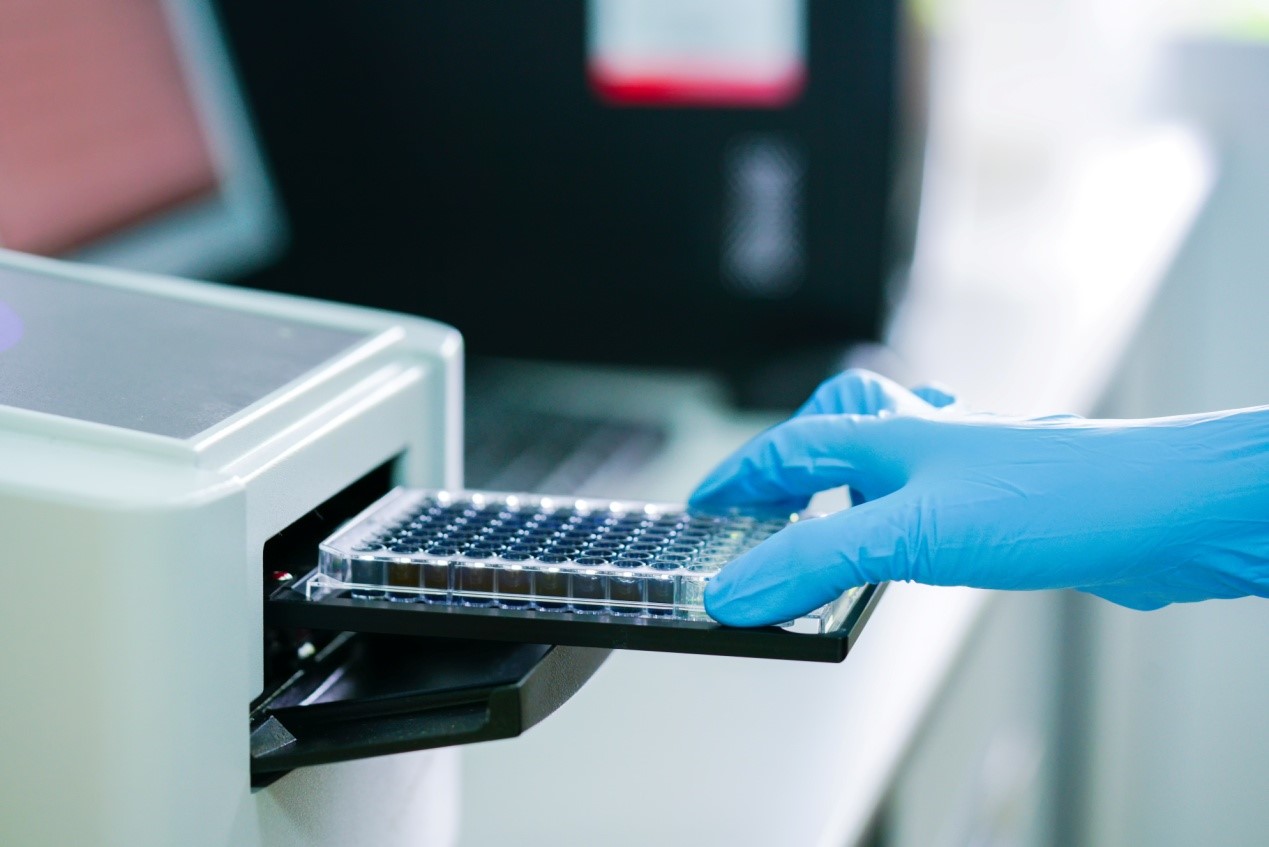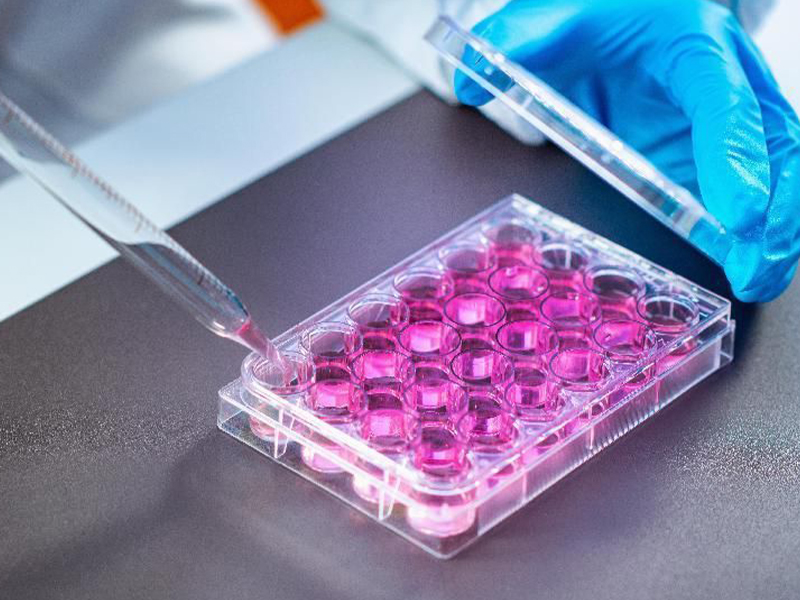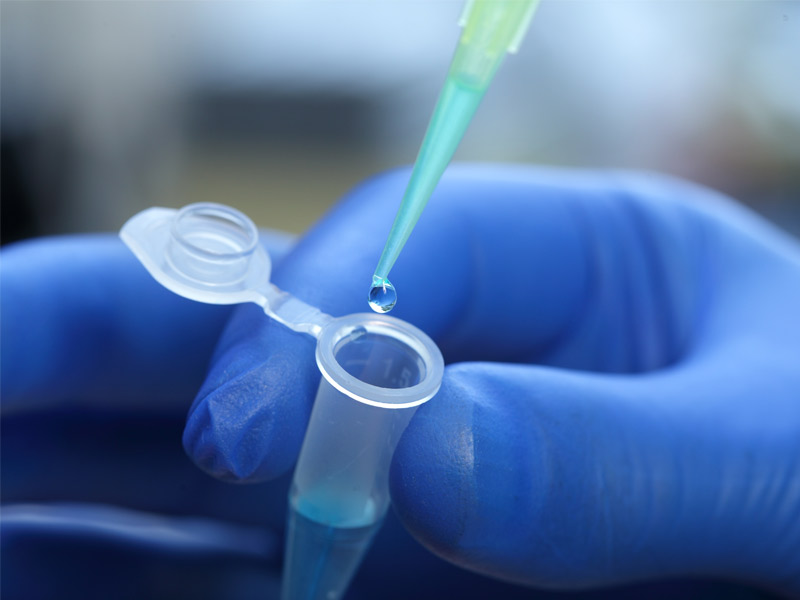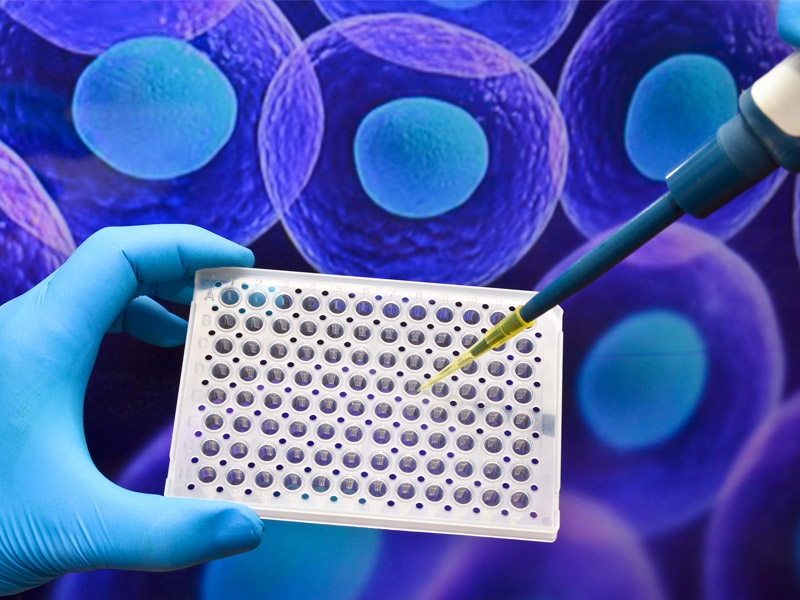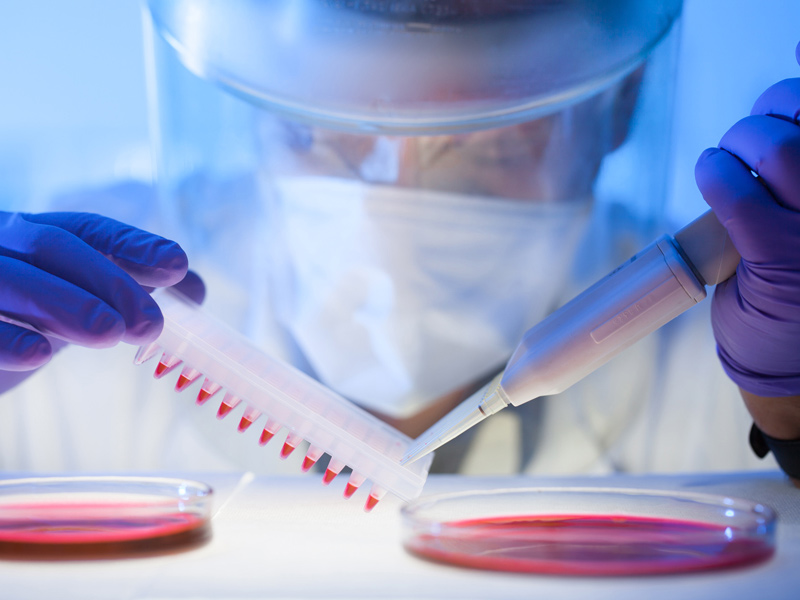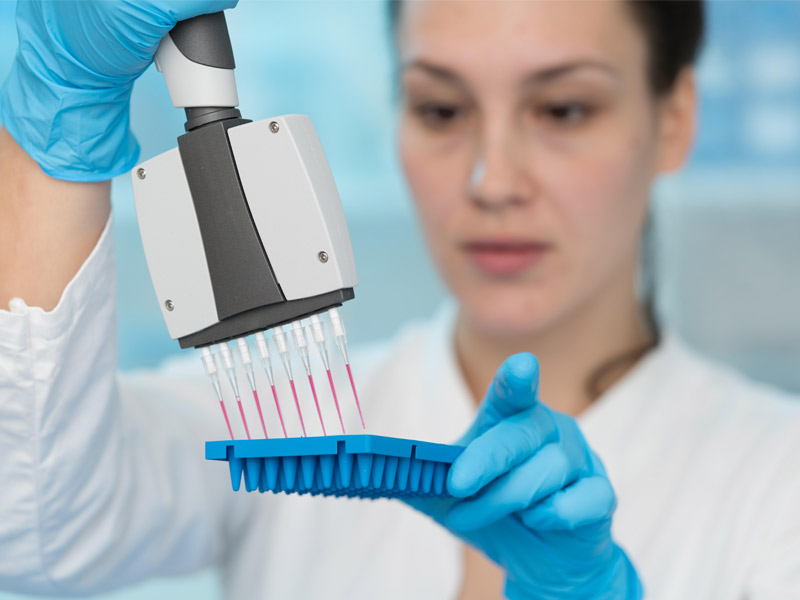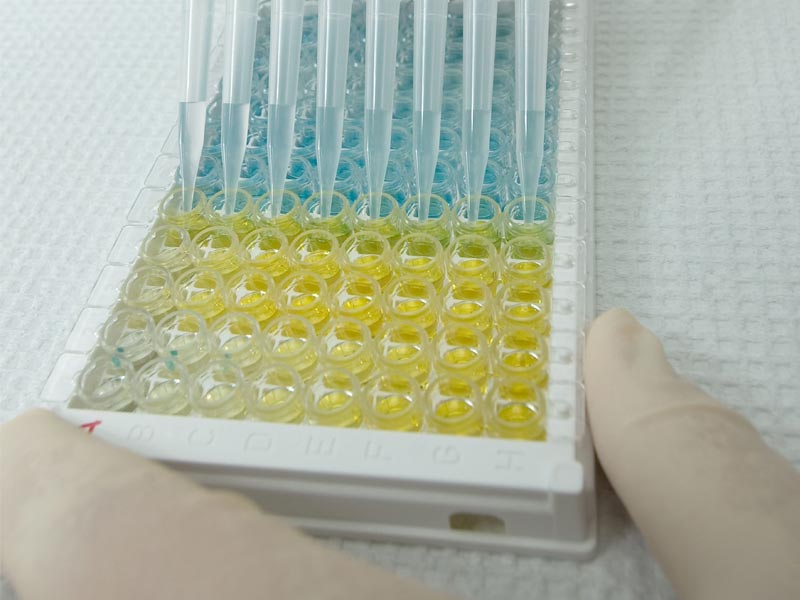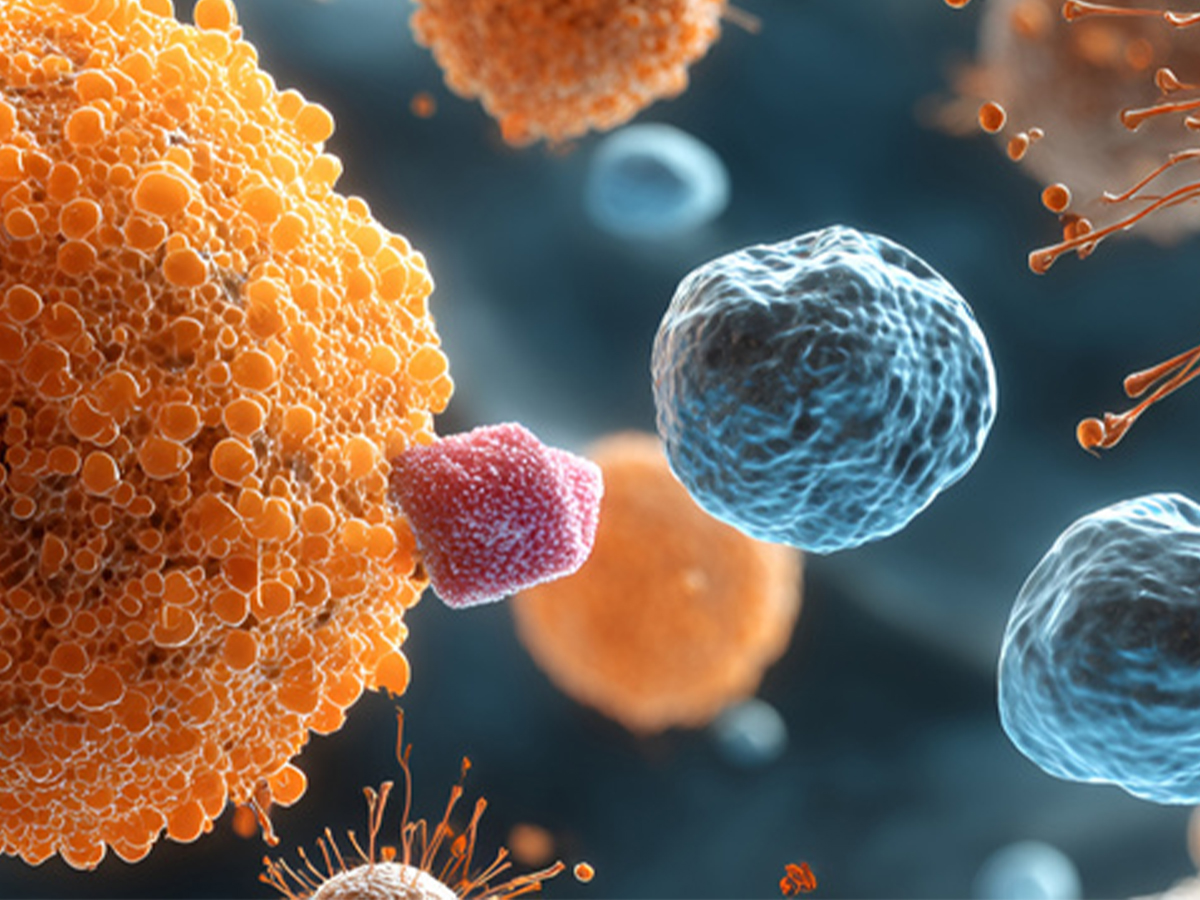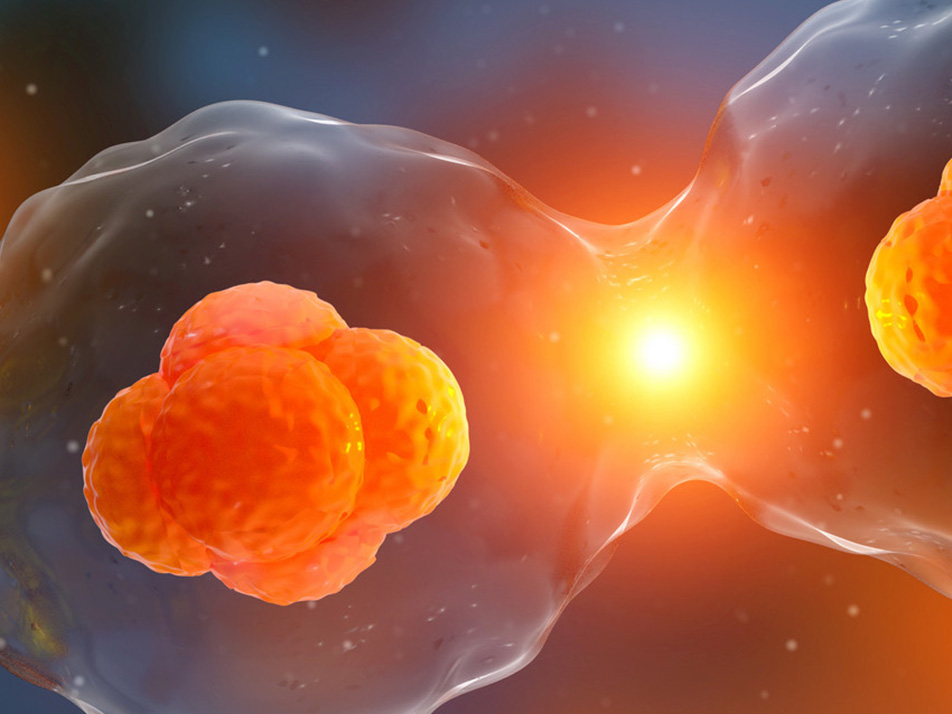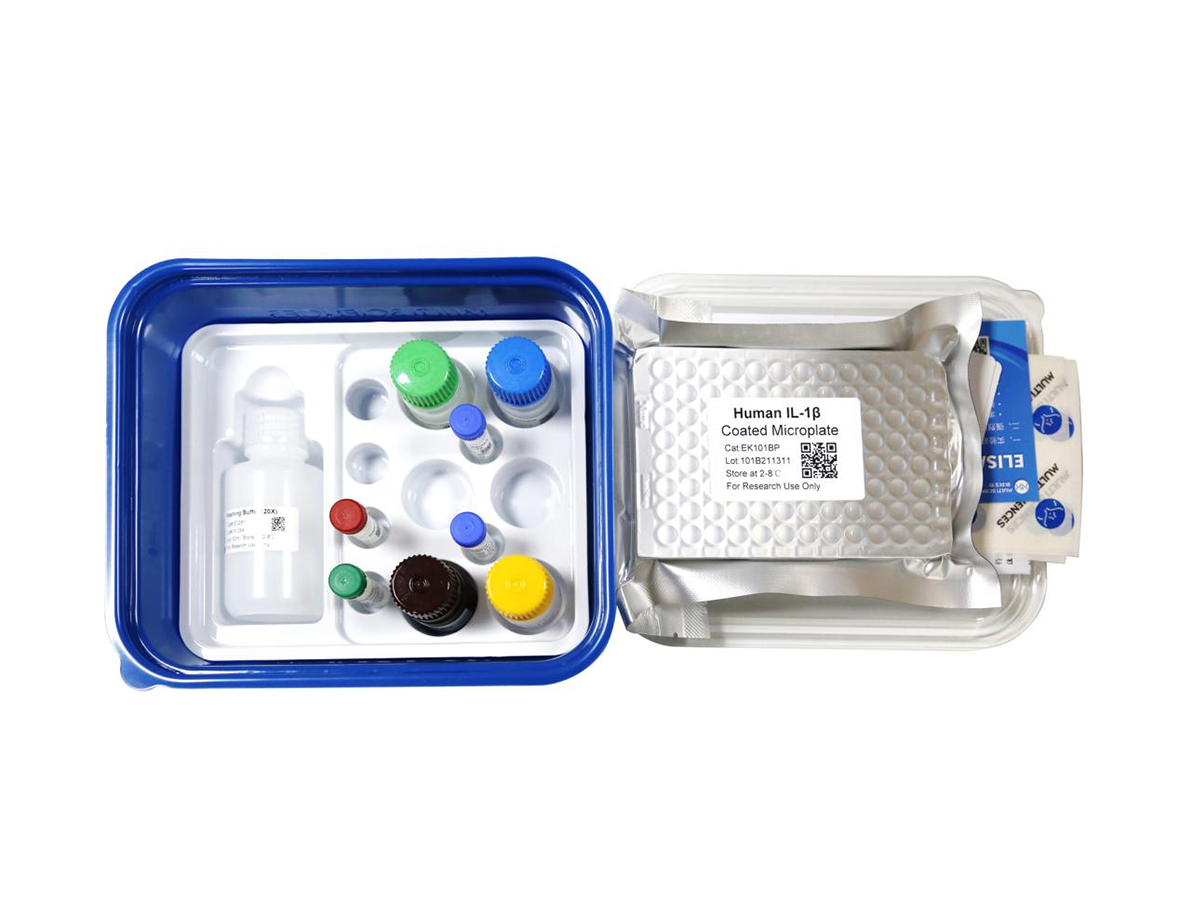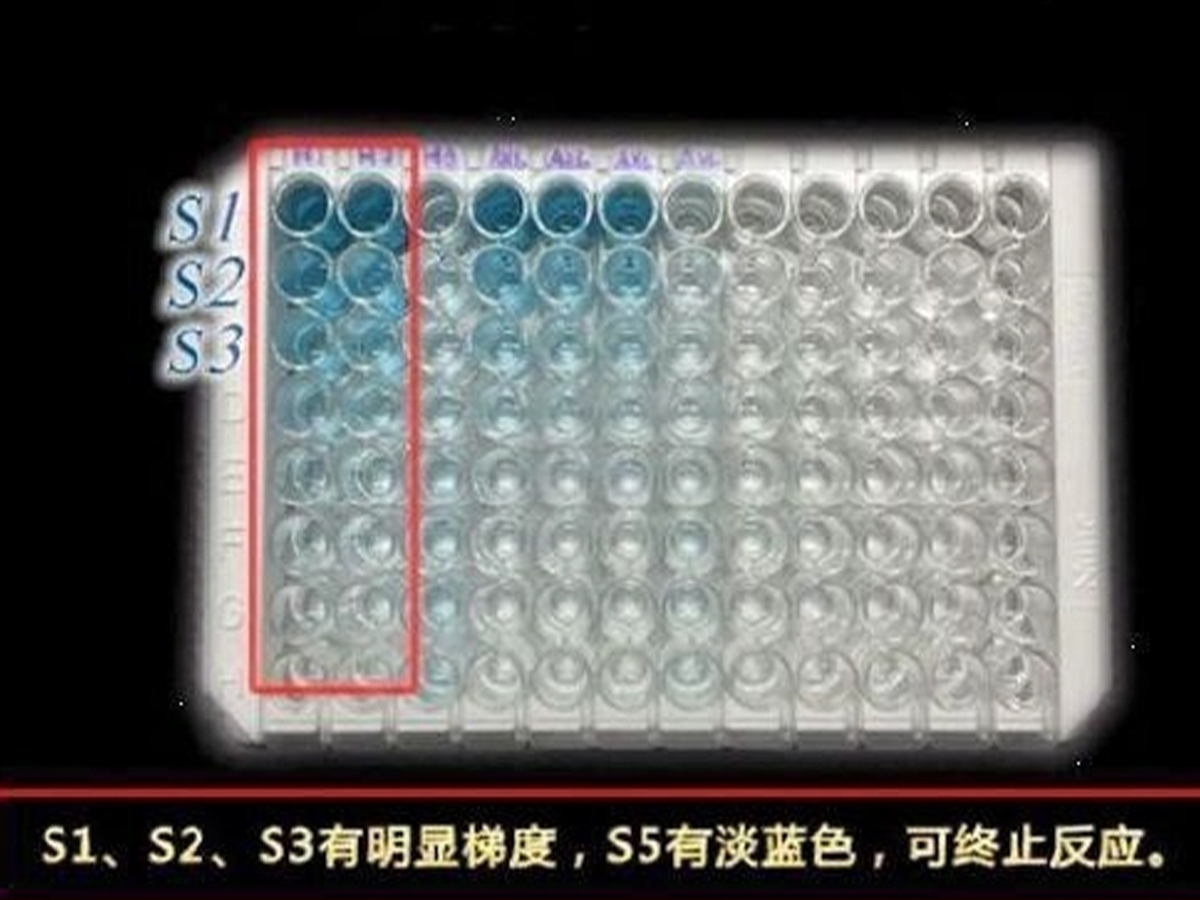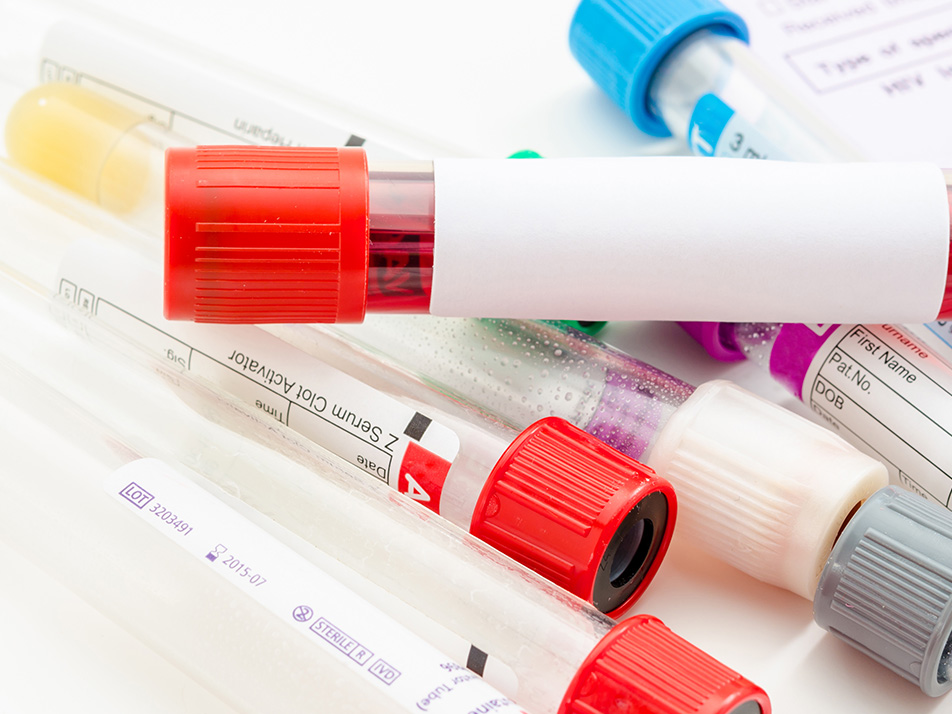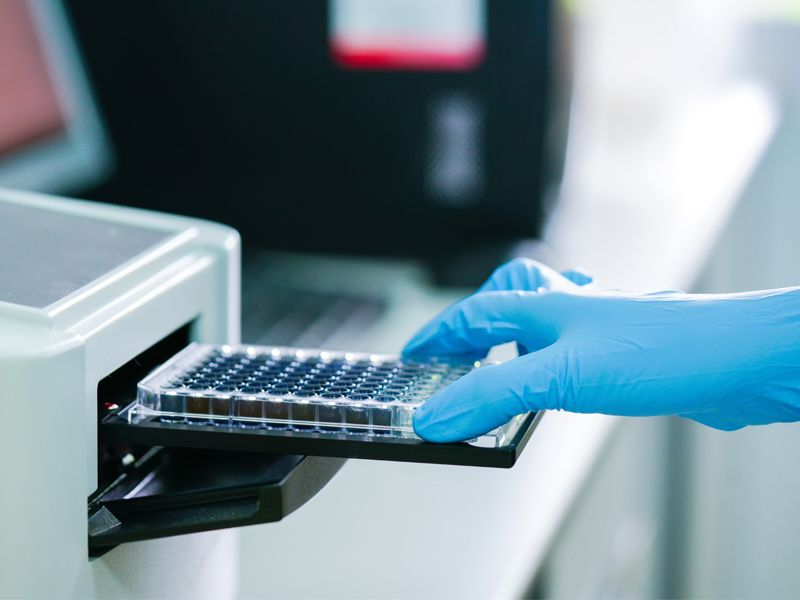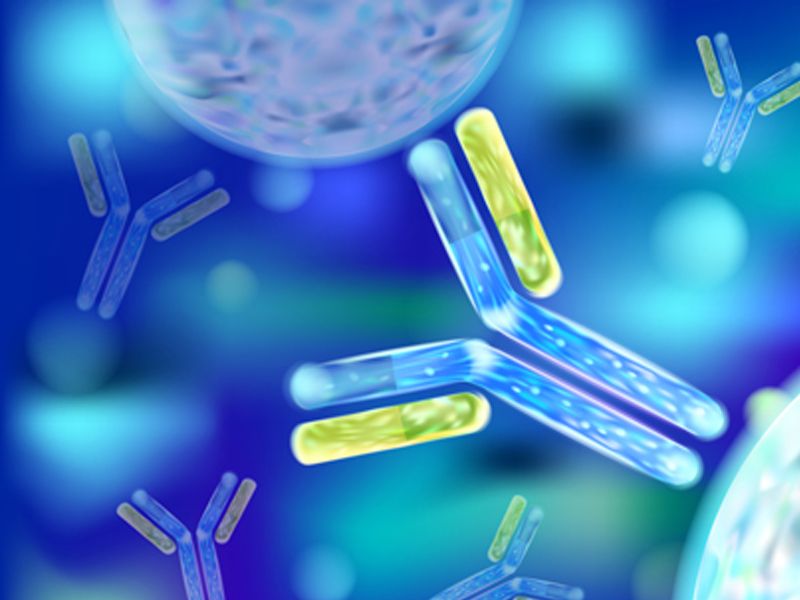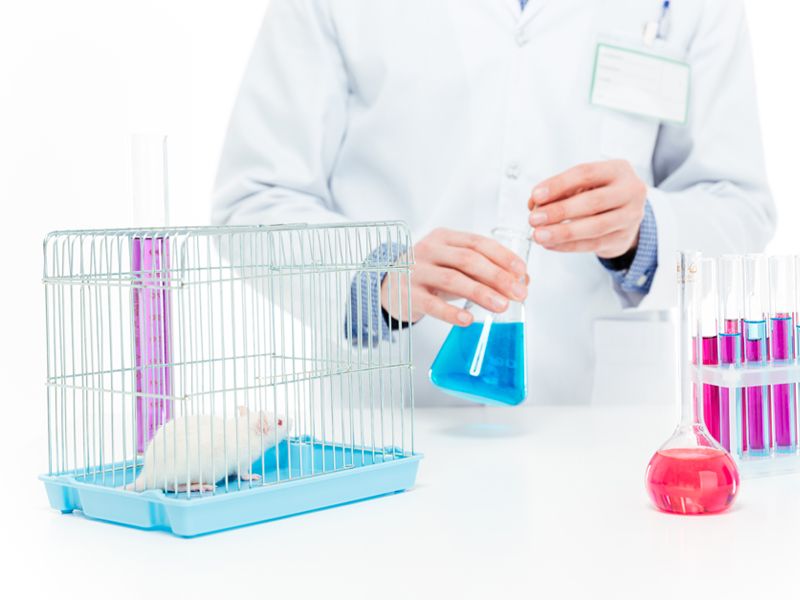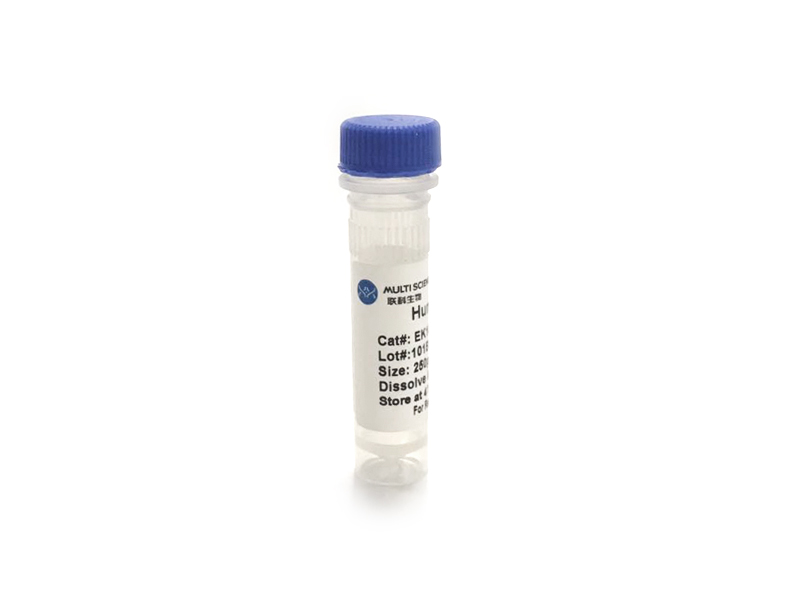Mouse IFN-γ High Sensitivity ELISA Kit检测试剂盒(酶联免疫吸附法)
¥2,000.00 – ¥3,400.00
因产品会迭代升级,具体实验步骤请按纸质版说明书操作
在售SKU:70-EK280HS-48, 70-EK280HS-96
- 分子靶点:IFNG
- 种属:小鼠
- 样本类型:血清、血浆、细胞培养上清及其他生物学样本
- 检测样本体积:血清、血浆样本10μL
- 灵敏度:0.39pg/mL
- 检测范围:7.81-500pg/mL
- 回收率:88%-115%
ELISA试剂盒详细信息
| 商品名 | 小鼠γ-干扰素高敏酶联免疫检测试剂盒 |
|---|---|
| 种属 | 小鼠 |
| 靶点 | IFNG |
| 检测方法 | 双抗体夹心法 |
| 检测样本类型 | 血清、血浆、细胞培养上清及其他生物学样本 |
| 检测样本体积 | 血清、血浆样本10μL |
| 灵敏度 | 0.39pg/mL |
| 线性范围 | 7.81-500pg/mL |
| 精密度 | 板内变异系数:4.7%-4.8%;板间变异系数:1.2%-5.0% |
| 回收率 | 88%-115% |
| 平均回收率 | 104% |
| 板式 | 96孔板,可拆 |
| 保存条件 | 2-8℃保存。已拆开:标准品-20℃保存,其它4℃。 |
| 运输条件 | 2-8℃冰袋运输 |
| 检测原理 | 本试剂盒采用双抗体夹心酶联免疫吸附检测技术。特异性抗小鼠IFN-γ抗体预包被在高亲和力的酶标板上。酶标板孔中加入标准品和待测样本,经过孵育,样本中存在的IFN-γ与固相抗体结合。洗涤去除未结合的物质后,加入生物素化的检测抗体孵育。洗涤去除未结合的生物素化的抗体,加入辣根过氧化物酶标记的链霉亲和素(Streptavidin-HRP)。洗涤后,加入信号增强剂孵育,洗涤去除未结合的物质后,再次加入Streptavidin-HRP。洗涤后,加入显色底物TMB,避光显色。颜色反应的深浅与样本中IFN-γ的浓度成正比。加入终止液终止反应,在450nm波长(参考波长570 - 630nm)测定吸光度值。 |
分子信息
IFNG 分子靶点信息概述
- 分子名:IFNG, interferon gamma
- 基因家族:Interferons
IFNG 分子靶点综述
IFN-γ主要由Th1型细胞产生,属于II型细胞因子中干扰素家族中的一员,是一类分泌型糖蛋白,由143个氨基酸组成,相对分子质量是16942。IFN-γ主要由活化的T细胞和NK细胞产生,具有调节机体免疫状态,介导细胞免疫,加强受体介导的吞噬功能,增强巨噬细胞和中性粒细胞的杀伤活性,具有抗病毒感染及抗肿瘤等生物学活性。
小鼠 Mouse Ifng 分子靶点信息
- 分子名:Ifng, interferon gamma
- 别称:
- Ifg
- IFN-gamma
- 基因序列:NCBI_Gene: 15978
- 蛋白序列:
小鼠 Mouse Ifng 靶点分子功能(预测)
Enables cytokine activity. Involved in several processes, including cell surface receptor signaling pathway; positive regulation of macromolecule metabolic process; and regulation of generation of precursor metabolites and energy. Acts upstream of or within several processes, including CD8-positive, alpha-beta T cell differentiation involved in immune response; defense response to other organism; and positive regulation of macromolecule metabolic process. Located in external side of plasma membrane and extracellular space. Is expressed in several structures, including adipose tissue; alimentary system; genitourinary system; hemolymphoid system gland; and nervous system. Used to study several diseases, including aplastic anemia; hepatitis; malaria; medulloblastoma; and type 1 diabetes mellitus. Human ortholog(s) of this gene implicated in several diseases, including allergic rhinitis; ataxia telangiectasia; autoimmune disease (multiple); eczema herpeticum; and leukemia (multiple). Orthologous to human IFNG (interferon gamma).



